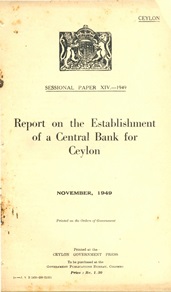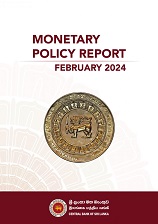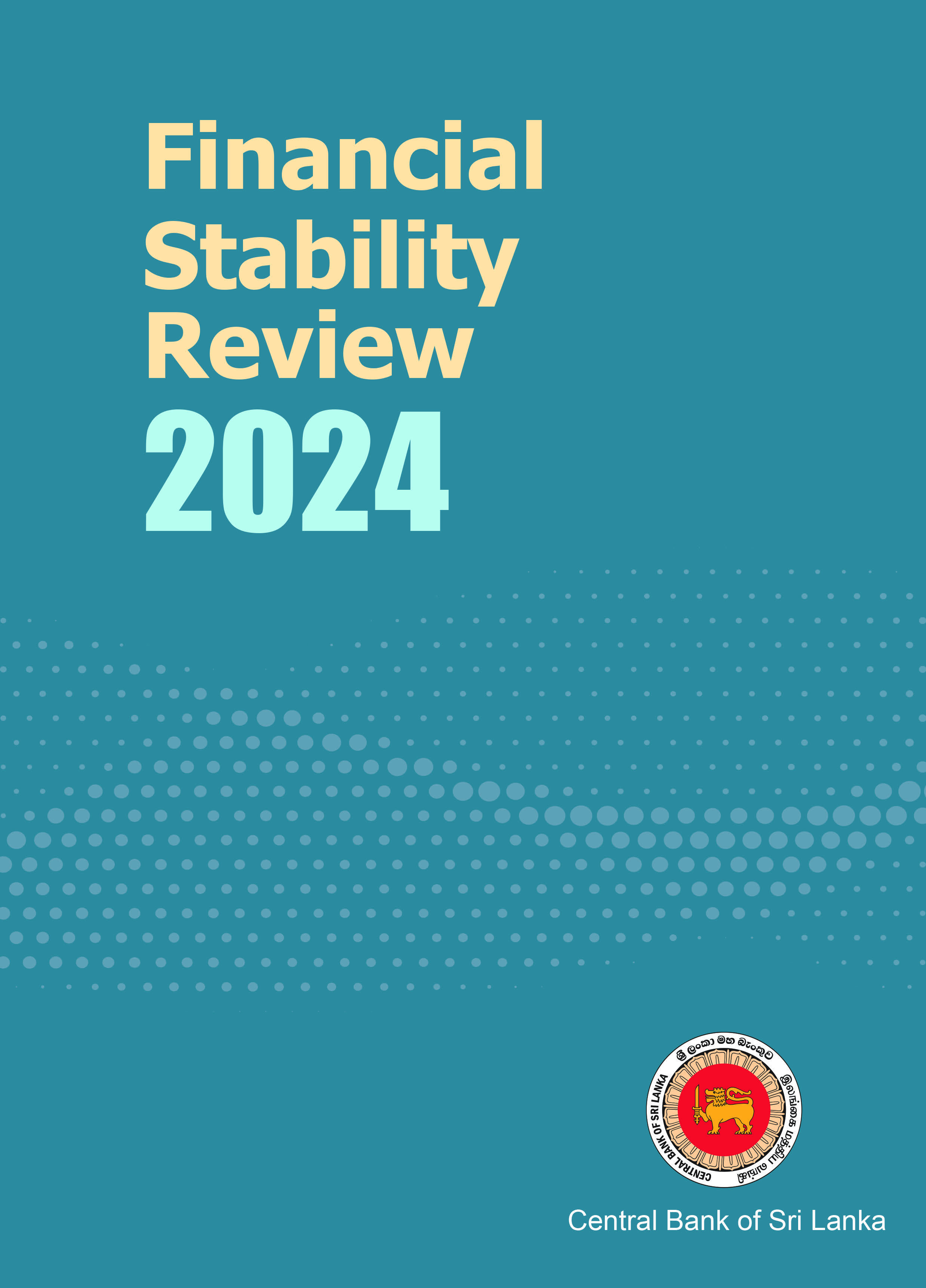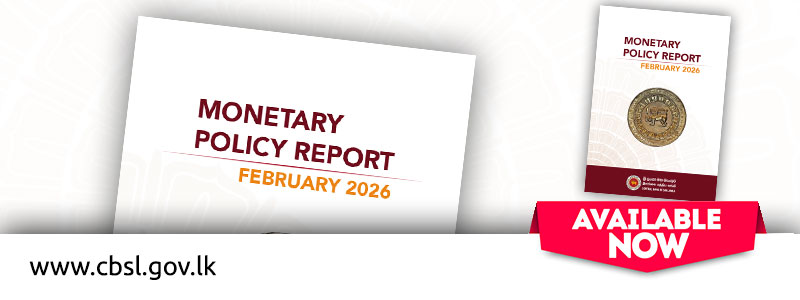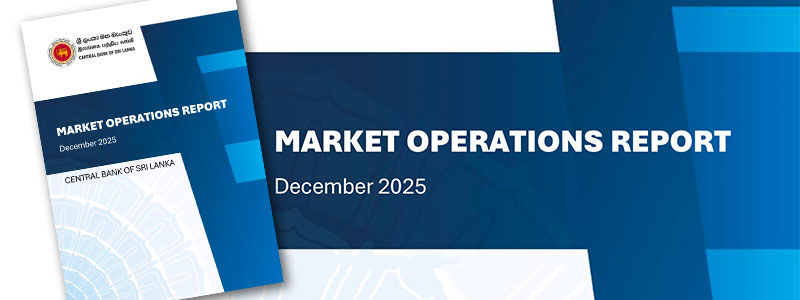By virtue of the powers vested under Section 19 (1) read together with section 19 (2) of the Financial Transactions Reporting Act, No. 6 of 2006 (FTRA), financial penalties are imposed on Institutions for non-compliances with the provisions of the FTRA. The penalty may be prescribed taking into consideration the nature and gravity of the relevant non-compliances.
Accordingly, as Sri Lanka’s regulator for Anti-Money Laundering and Countering the Financing of Terrorism (AML/CFT), the FIU collected penalties as indicated below, amounting to Rs. 14 million in total from 27 September to 31 December 2023 to enforce compliance on Financial Institutions. The money collected as penalties were credited to the Consolidated Fund.







